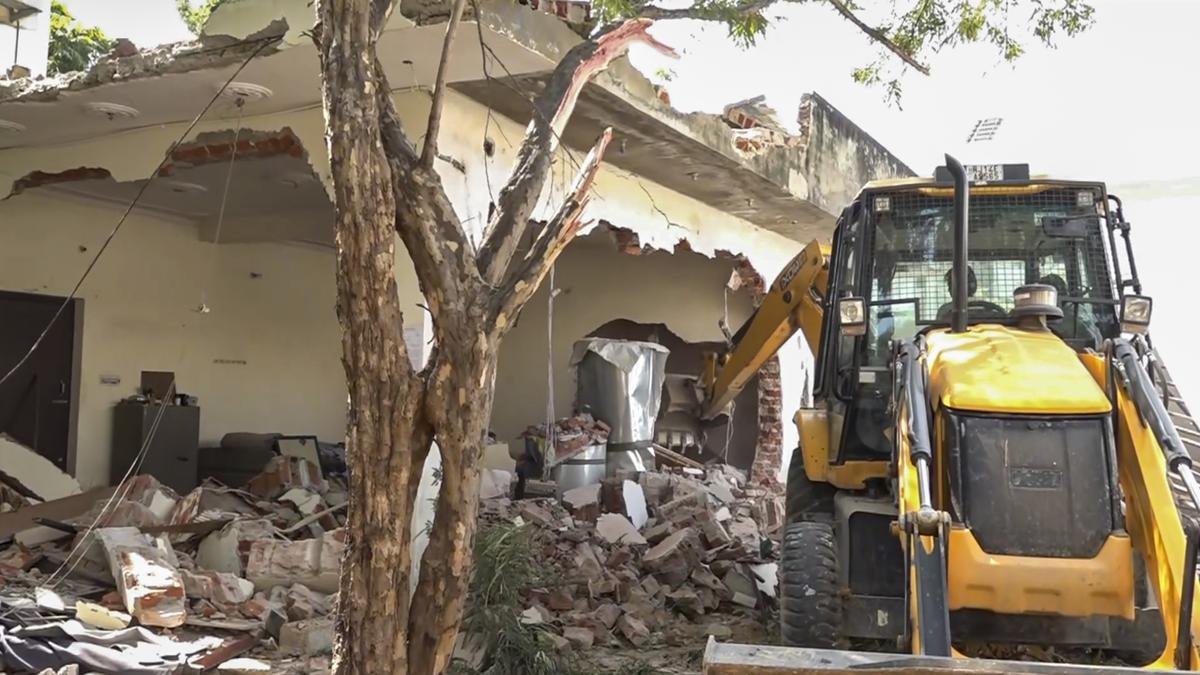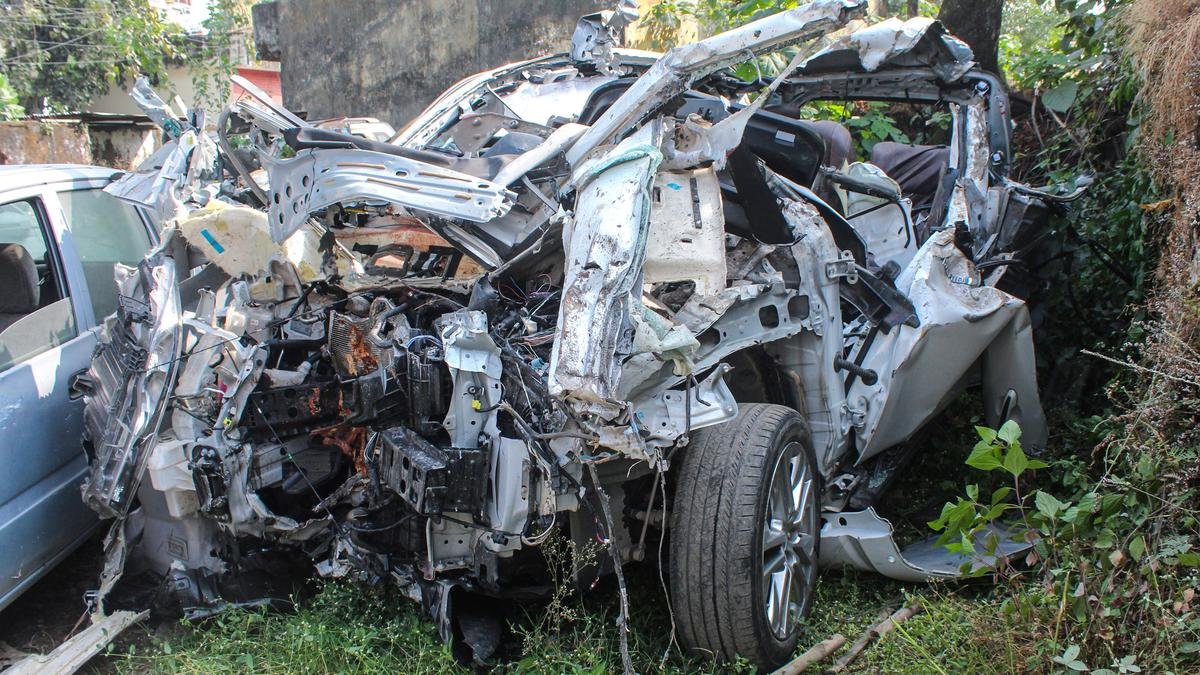SC Issues Pan-India Guidelines on Property Demolition, Asserts Executive Cannot Act as Judge, Accused Have Rights

Earlier, in a suo motu case for judgment, Judge B.R. Gavai and Judge K.V. Viswanathan had promised to protect even convicted criminals from state-sponsored punitive demolition of their legal private property.
The apex court had stayed illegal demolitions across the country in an order on September 17.
The Supreme Court ruled that the State cannot assume judicial functions or declare guilt before a trial.
The court observed that the construction of a house for an average citizen is an embodiment of years of aspiration, dreams of security. Bulldozing private homes of accused illegally is an arbitrary action and a naked display of the dictum “might is right”.
The Bench further added that the protection of the judgment would not extend to encroachments into public land or unauthorised structures.
The Bench said, “The Executive and its functionaries, obliged to protect citizens, cannot consider themselves who decide an accused guilty and demolish his home and property in an arbitrary, high-handed and discriminatory manner.”
The Supreme Court further issued a slew of guidelines for following due process ahead of demolitions of unauthorised structures, including 15 days’ notice for the residents to find another place to live in.
Justice B.R.











